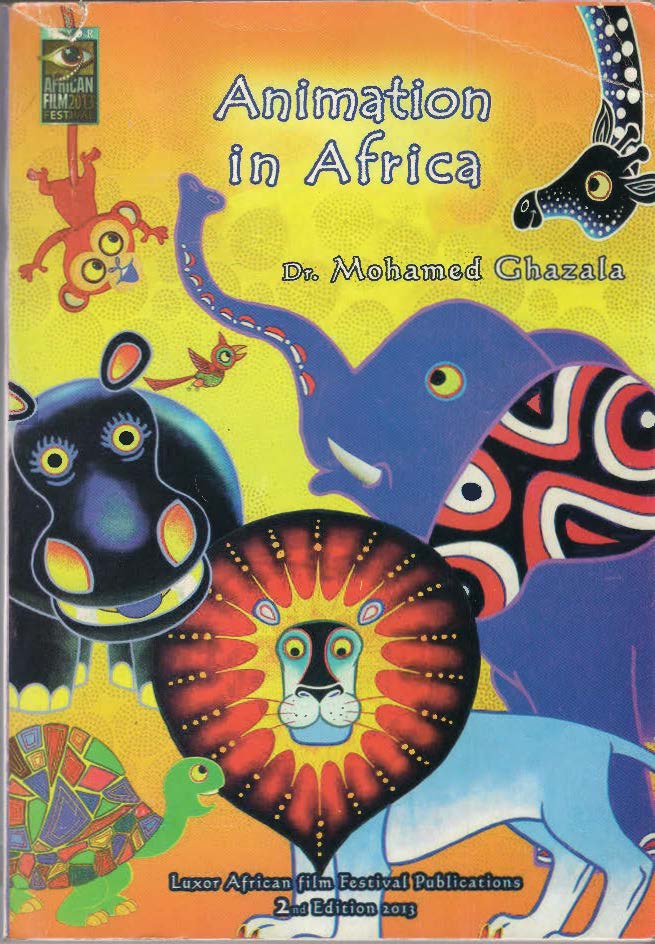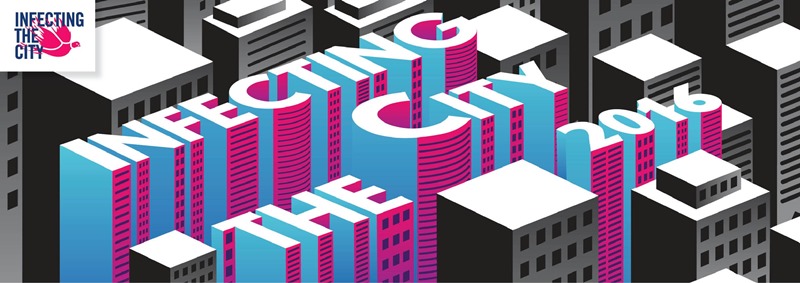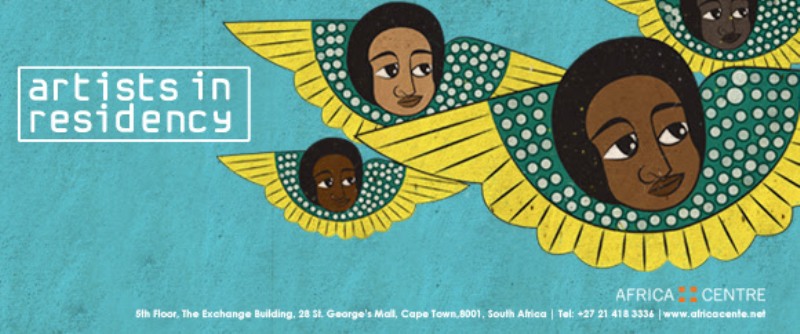After serving three years as ambassador in Kenya, Pierre Jacquemot returned home on November 14, 2003 with one thing in mind: to open a gallery dealing in Kenyan art in the French mecca of arts and culture, Paris. He spoke to OGOVA ONDEGO before jetting out of Nairobi.
This was the first time that Jacquemot, who has been in Africa for more than 42 years, had served in an Anglophone country. In one of the very last interviews Jacquemot gave before leaving Kenya, he paid tribute to Kenyans for the December 2002 elections which he termed a landmark case in Africa.’ Saying he had been an observer in Westlands constituency, Jacquemot described the elections as’ free, fair and transparent..
Jacquemot said that the arts scene is now more vibrant than when he first came to Kenya in 2000. Then, he said, arts and cultural activities had been concentrated at the French Cultural and Cooperation Centre. “As I leave Kenya I am impressed with the development of activities in places like Ramoma, Le Rustique, The GoDown Arts Centre, National Museums of Kenya and several other places,” he said. “Things appear to be quite well as all kinds of artists– musicians, dancers, acrobats, painters, sculptors’ can express themselves quite well.” He reminisced on the June 2003 Kenya Cultural Week in Paris at which 30 artists participated.
He however urged the Kenya government and donors to collaborate more in the promotion and showcasing of culture of the country which has the potential of being turned into an industry. “Both need to follow the dynamism and momentum of the vibrant arts scene,” he said. “Kenya requires a National Theatre in every major town: Mombasa, Kisumu, Eldoret, and Nakuru. Because of the unique culture and history of the coast, Mombasa should have special cultural centres.”
Before leaving Kenya, Jacquemot had planned a cultural caravan across Kenya by train from Mombasa to Kisumu through which Kenyan cultures could have been showcased. “Unfortunately I will not see the caravan take place as I am leaving,” he said, adding that he had assessed the project and found it viable. He prayed that his successor would implement the project.
RELATED: Preserving Culture Through Art
Mr Jacquemot said among the people he would miss most would be ‘my first friends, the people of Kibera, among whom I lived’.
Although famous for its arts and culture promotion, Jacquemot said the French Embassy in Kenya had projects for destitute children and widows in Kibera and ran educational, health, and water projects in places like Wajir, Kitui, and Ol Kalou.
“During my service in Kenya, I met and made friends with many artists including painters, singers, sculptors, and filmmakers. I bought 30 paintings which I shipped to Paris where I plan to build a gallery on Kenyan art. ‘Owner of three horses, Jacquemot said he had made friends among the sports fraternity as his horses participated at Ngong Race Course. ‘I find it quite easy to maintain horses in Kenya,” he said.
Any regret for serving in Kenya?
None, he said.
“Kenya is a great country and I am impressed with the quality of work done by Kenyans at grassroots level.”
The diplomat that he is, Mr Jacquemot said, “At times one may be upset by politicians who prefer talking to working. But it is not my style to dictate to people on what and how they should work in their country. Some things are very slow in getting done and I sincerely feel they could be better off if they moved a little faster.”
Jacquemot said he would miss Africa where he has served for more than four decades.
“This is where I feel I want to be,” he said, explaining that he first went to Senegal where he served twice before moving to Mali, Algeria, and Cameroon variously as a cultural counselor and head of mission and development. Kenya was his first station as ambassador.
“I will miss Kenya and the friends I made here,” he said with a nostalgic look about him. He announced new organisational structure at the FCCC. “FCCC, Alliance Francaise and Linguistique will now come under one roof without affecting the various programmes undertaken by the three departments,” he said and allayed fears by artists that this change could affect them adversely.
“No one should be apprehensive about the changes,” he said.
Saying the French are willing to help in the rehabilitation of the Kenya Cultural Centre, Mr Jacquemot said he had held what he termed “productive talks” over the project with culture minister Najib Balala.
“The French have confidence in Kenya as testified to by the presence of French companies here like Bamburi Cement, DT Dobbie, Kencell, and Total. My government is collaborating with Kenya in the development of water, sanitation and roads. We are also helping rehabilitate Meru National Park. It should be remembered that one quarter of the European Development Fund comes from France,” he explained.
Then why was he not as vocal as some of his European counterparts over the excesses of government during the Daniel arap Moi administration?
“While the French hold as strong views on gender, human rights, and freedom of the press as other European Union states, I adopted the quiet diplomacy approach as I felt I had no business lecturing Kenya,” he said. “I felt I had no business giving lessons to Kenya and therefore chose to be pragmatic, assessing situations and not talking down to Kenya. My job was not to put conditions on our funding. This was the difference between my colleagues and me during the Moi era. But I shared similar values with my European Union colleagues.”
To fight corruption, he said, the judiciary must be clean.
“I am hopeful that the constitutional review process will be completed soon. Kenya requires a new constitution to fit in with the current social realities: gender, education, land tenure.”
To develop Kenya, he said, land security is required.
“Issuance of title deeds requires to be decentralised and taken closer to the people. The NARC government made lots of promises and commitments to the people in the run up to the elections and people have lots of expectations from the government. I hope the government will not disappoint Kenyans.”
RELATED: Promoting the arts despite the odds
Even then, Jacquemot was convinced the government would meet its pre-election pledges to the electorate. It would be forced by ‘the strong civil society in Kenya to comply.’
Unlike other African countries, Jacquemot said, Kenya had a strong, active and dynamic civil society checking on government performance.
‘The NARC government will not do just what it feels like with these civil societies around.’ As we concluded the interview, I asked Jacquemot what the role of the ambassador is in the wake of complaints that he had usurped the role of the director of FCCC during his term.
“A Western ambassador in Africa has three roles: helping promoting democracy, development, and culture,” he responded.
Jacquemot had first come to Africa as a volunteer technical assistant in Senegal in 1960. It was while here that the future ambassador to Kenya pursued PhD studies in Economics and was to later serve as economic and financial advisor to President Abdou Diouf (1984-87). He served as deputy director of studies at the National School of Administration in Dakar (1970-71) before moving to Algeria where he was a professor of economics at Algiers University for two years (1972-74). Between 1975 and 1981, he lectured at the University of Paris-Dauphine in Paris from where he was appointed deputy director in charge of planning, budgets, and statistics in the French Ministry of Cooperation and Development between 1981 and 1984.
Then for three years from 1984 Jacquemot worked in Dakar as Economic and Financial Advisor to President Diouf. For the next two years from 1987, he returned to his job at the University of Paris-Dauphine till 1989 when he was appointed to head the French Mission for Cooperation and Cultural Affairs in Ouagadougou, Burkina Faso, for five years till 1993 when he moved to Yaounde, Cameroon, in the same capacity for three years.
Before coming to Kenya as ambassador, Jacquemot had been Director of Development and Technical Cooperation (International Cooperation) in the central administration of the Ministry of Foreign Affairs for a year (1999-2000). Previously, he had worked at the French Development Agency from 1997 to 1998.
Hubert Fournier, a lawyer and provincial administrator, succeeded Jacquemot on January 13, 2004 when he presented his credentials to President Mwai Kibaki in Nairobi.




